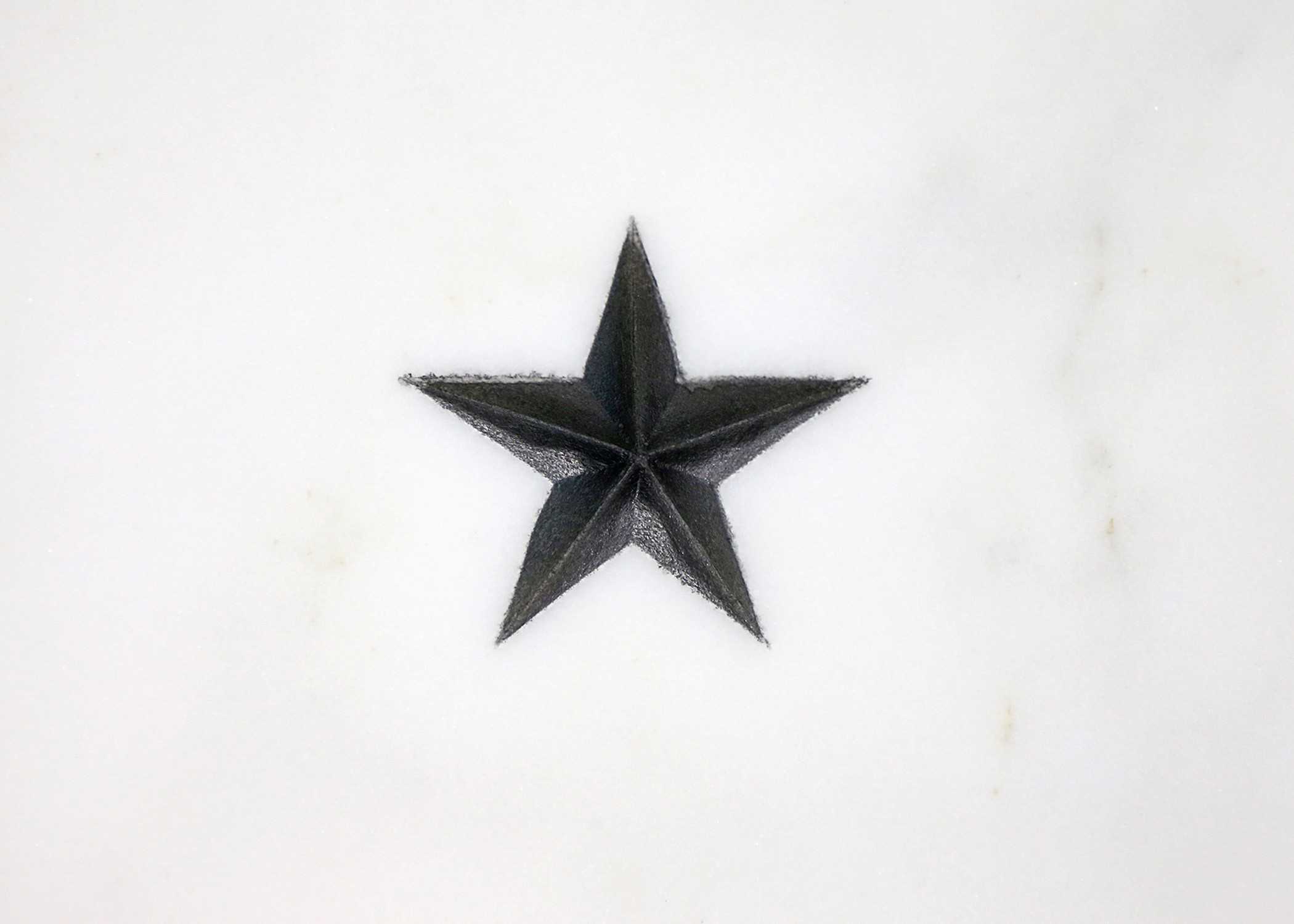On April 29, 1950, the CIA lost its first officer in the line of duty: Douglas S. Mackiernan. He and two members of his traveling group were making their way from China into Tibet when they were stopped by a Tibetan border patrol and shot to death.
Mackiernan was born in Mexico City in 1913 but was raised in Stoughton, Massachusetts. He attended high school there and went on to study physics at the Massachusetts Institute of Technology. He demonstrated mastery of radio and meteorology, and was fluent in Spanish and proficient in French, German, and Russian.
In the spring of 1942, Mackiernan’s interest in meteorology led him to join the U.S. Army as a meteorologist. Beginning in 1944, Mackiernan served two and a half years with the 10th Weather Squadron in Urumqi, capital of Xinjiang province in western China.
While Mackiernan was preparing to return to the United States after the war, he caught the attention of the Strategic Services Unit (SSU) of the War Department, which had inherited the U.S. intelligence mission from the wartime Office of Strategic Services — the forerunner of today’s CIA.
Mackiernan seemed ideal as an intelligence collector: he would be an astute observer on the ground with an expertise in radio equipment, photography, and knowledge of organic chemistry. In the summer of 1946, Mackiernan received training in operational tradecraft and took the SSU Oath of Office.
Life Undercover
Mackiernan’s main task was to determine what the Soviets – who had five consulates and a military presence in the province – were up to. An important mission concerned Soviet efforts to create an atomic bomb. Mackiernan was to find out where the Soviets might find uranium in Xinjiang, if they were mining it, and whether any “atomic research” was being conducted on Chinese territory.
Mackiernan found a cover job as a State Department clerk in the U.S. Consulate in Urumqi. After cultivating local contacts, Mackiernan was able to provide information on Soviet and Communist Chinese activities.
When the CIA was created in the summer of 1947, Mackiernan was automatically made an Agency employee. With Director of Central Intelligence (DCI) Hillenkoetter’s help, Mackiernan became Vice-Consul in Urumqi. During his time as Vice-Consul, Mackiernan established contacts with local provincial and ethnic leaders, and set up the Air Force’s barographic, seismographic, and radiological equipment aimed at detecting a Soviet atomic explosion.
When the situation in Xinjiang began to deteriorate in the summer of 1949, Mackiernan told Headquarters that he was willing to stay behind. However, he believed his mission would be in danger if the Communists captured Xinjiang. CIA replied that under no circumstances should Mackiernan remain in Urumqi with a Communist takeover looming.
When the Xinjiang provincial government in late September 1949 accepted the authority of the Communist government in Beijing, Mackiernan cabled CIA that he was escaping southward using a route the Communists wouldn’t expect.
Mackiernan and his party traveled across deserts, high plateaus, and mountain ranges when they finally approached Tibetan territory in March 1950. On March 29, the CIA requested the State Department get Tibet’s clearance for the safe passage of Mackiernan and his party. The Indian government was urged to get the clearances to Lhasa as soon as possible.
On the morning of April 29, 1950, Mackiernan and his party came upon a Tibetan nomad family. All of a sudden, a separate group of six armed Tibetans in uniform appeared on horseback. During the confrontation, one of the Tibetans panicked and fired. Mackiernan and two members of his party were killed. The others were taken prisoner. The Tibetans looted the belongings of the dead men and then set out for the town of Shentsa with their prisoners. During the journey, they met the government messenger from Lhasa on his way to inform the soldiers to welcome Mackiernan and his party. The messenger was five days too late.
The bodies of Mackiernan and his two companions were buried where they fell by a contrite Tibetan government.
Remembering Douglas S. Mackiernan
Douglas S. Mackiernan’s dedicated work for his country in the most challenging conditions makes him a Cold War hero, and his sacrifice immortalized him as CIA’s first star.
At a speech given to the Agency workforce in 1997, Acting DCI George J. Tenet acknowledged Mackiernan as the first CIA officer to die in the line of duty: “He is the first star on that Wall, and the space in the book where his name should be is blank … but we claim Doug Mackiernan as one of our own … now, in a sense, we’ve brought him home.”
Mackiernan’s name was released to the public and officially recognized in the CIA’s Book of Honor in 2006.

